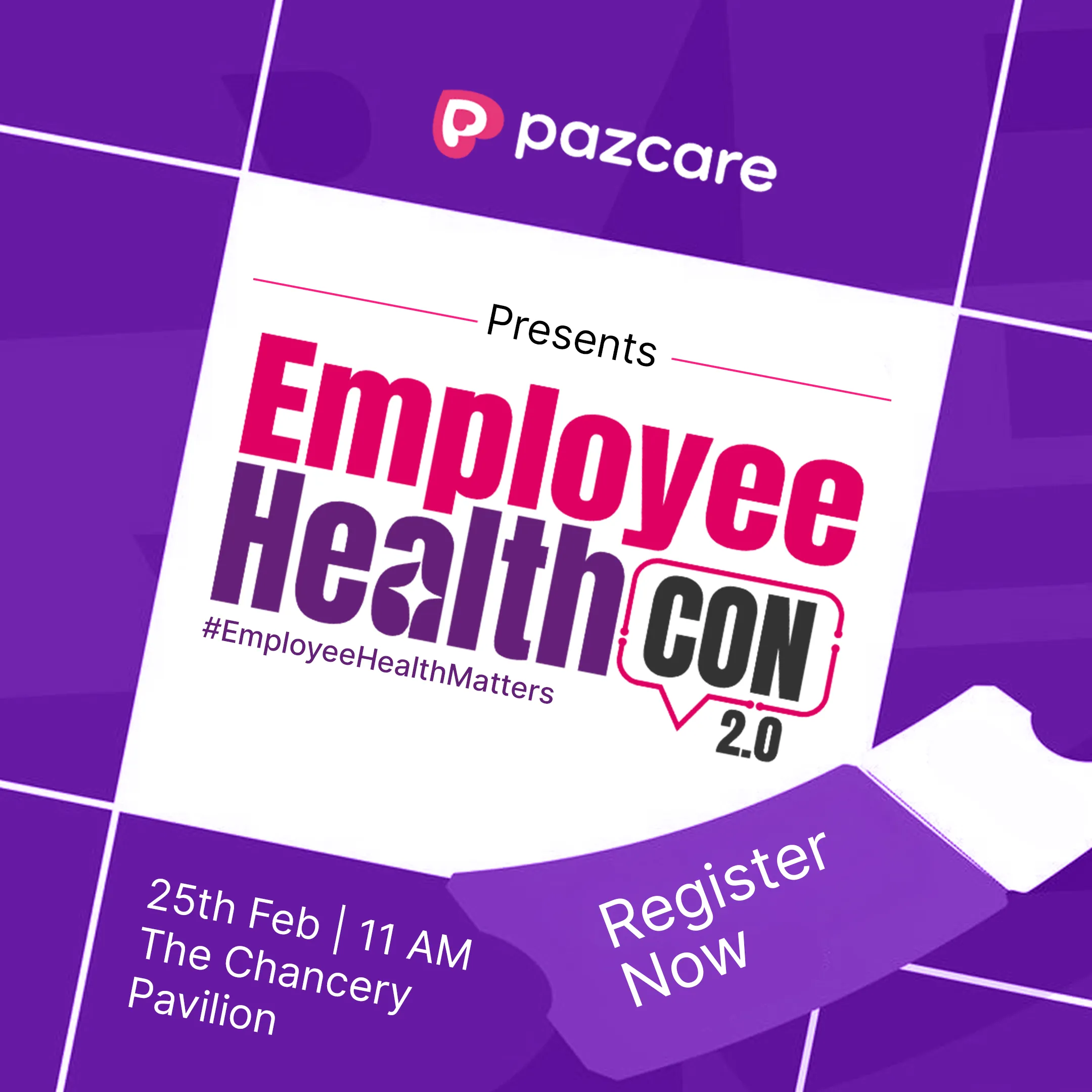Fatty liver disease is rising at an alarming rate in India, especially among working professionals. What was once seen mostly in older adults is now common among employees. Over 80% of IT workers today have fatty liver.
Long working hours, stress, irregular meals, and lack of movement are silently harming liver health and most people don’t realize it until symptoms show up in routine health check up tests.
What is fatty liver?
Fatty liver disease is a condition where excess fat gets stored inside the liver cells.
A small amount of fat in the liver is normal, but when fat levels become too high, the liver cannot function properly. Over time, this affects digestion, metabolism, energy levels, and overall health.
Your liver is one of the most important organs, it filters toxins, processes food, regulates hormones, and stores nutrients.
When it gets overloaded with fat, these functions slow down, leading to symptoms like fatigue, weight gain, and digestion issues.
Research shows that diet and sugary drinks can raise the risk of fatty liver disease by up to 60%.
What are the types of fatty liver?
Fatty liver comes in different stages. Understanding these stages helps employees know when it’s reversible and when it can become risky.
Grade 1 fatty liver
Grade 1 fatty liver is the earliest and mildest form of fatty liver. At this point, fat has just started to accumulate in the liver, but the liver can still function normally.
What happens at grade 1 fatty liver stage?
- Fat starts collecting in the liver cells
- The liver still works normally
- Most people have no noticeable symptoms
Is it reversible?
Yes. Grade 1 fatty liver is completely reversible with lifestyle changes like:
- Reducing sugar and oily food
- Increasing physical activity
- Improving sleep
- Managing stress
This is the stage where intervention is easiest and most effective.
Grade 2 fatty liver
In grade 2 fatty liver, the amount of fat stored in the liver increases further, and the liver begins to experience stress.
What happens at grade 2 fatty liver stage?
- The liver starts getting stressed
- Some people experience symptoms like:
- Tiredness
- Heaviness or discomfort in the abdomen
- Digestion problems
- Bloating
- Liver enzymes may start rising in blood tests
Is it reversible?
Still yes but it requires:
- Stricter lifestyle changes
- Doctor consultation
- Dietary corrections
Nonalcoholic fatty liver disease (NAFLD)
NAFLD is fatty liver disease that occurs in people who do not consume alcohol or consume very small amounts.
It has become extremely common among young working adults in India.
Why does NAFLD happen?
Because the modern lifestyle overloads the liver without alcohol:
- High sugar intake – sweets, desserts, packaged foods, soft drinks
- Sedentary lifestyle – long sitting hours, low movement
- Stress – hormonal imbalance affects fat storage
- Unhealthy eating habits – irregular meals, late-night eating, overeating
- Belly fat and obesity – directly linked to fatty liver
- Lack of sleep – disrupts metabolism
These lifestyle factors force the liver to store extra fat, leading to NAFLD.
Is fatty liver dangerous?
Fatty liver is not dangerous in the early stages. In fact, grades 1 and 2 are mostly reversible.
But the danger begins when it goes unnoticed or untreated.
Risks if ignored
- Hepatitis – inflammation of the liver
- Liver fibrosis – scarring of liver tissue
- Cirrhosis – permanent liver damage
- Metabolic disorders – diabetes, obesity, cholesterol issues
Why is fatty liver rising in the workplace?
Today’s work culture is the biggest contributor. Key reasons include:
- Sedentary 8–10 hour workdays
- Unhealthy office cafeteria choices
- No movement breaks between calls
- High work pressure and irregular sleep
- Increased WFH with fewer steps taken daily
This lifestyle creates the perfect environment for the liver to accumulate fat.
What HR can do: Effective corporate wellness initiatives
To manage fatty liver at scale, HR needs structured, preventive corporate wellness programs that build healthier daily habits.
Preventive health checkups
- Add liver function tests to annual health checkups
- Recommend ultrasounds for high-risk employees
- Provide personalized doctor teleconsultations
On-site or virtual nutrition programs
- Run dietitian-led workshops
- Offer 1:1 nutrition counselling
- Share healthy meal-planning guides
Movement and fitness habits
- Launch stepathons challenges
- Introduce short stretch breaks between meetings
- Offer standing desks or active workstations
What is the role of Pazcare as corporate wellness partners?
The right corporate wellness partner helps HR build a preventive health culture.
They offer:
- Preventive health checkup packages
- Doctor teleconsultations
- Lifestyle disease management programs
- Nutrition and fitness support
A structured corporate wellness approach helps employees understand risks early and take action in time.








.svg)
.svg)
